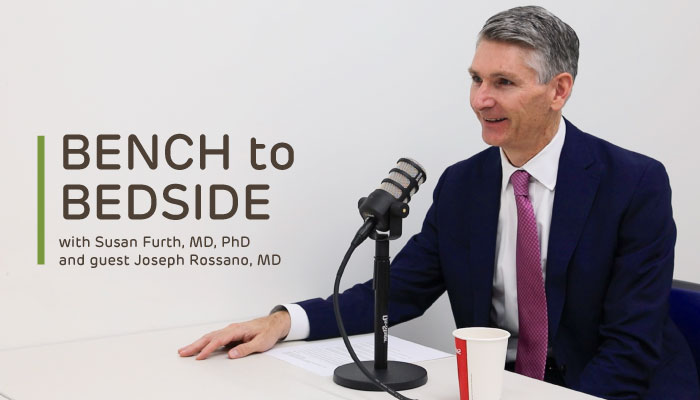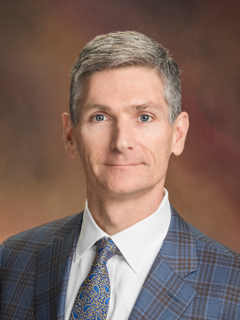HOW CAN WE HELP YOU? Call 1-800-TRY-CHOP
Advanced Cardiac Therapies for Heart Failure Patients
The Advanced Cardiac Therapies for Heart Failure Patients Frontier Program will leverage the combined expertise of researchers in the cardiovascular and omics fields along with cutting-edge technology to realize several major advancements in the diagnosis and care of patients with heart failure, especially those with congenital heart disease (CHD).
This program's aim to identify novel molecular therapeutic targets that can be translated from bench to bedside will lead to significant improvement in the clinical care and disease management through earlier recognition and institution of therapies. Identifying pediatric and congenital heart disease-specific targets of therapy will enable the development of precision therapeutics, prevention of heart failure progression, and the restoration of ventricular function once heart failure develops. An additional major aim is to consolidate and focus the multidisciplinary expertise needed to care for this complex population by creating a Heart Failure Intensive Care Unit.
From a mechanistic standpoint, the hypothesis that heart failure represents an engine out of fuel was described by Herrmann and Decherd nearly a century ago. However, only with recent advances in metabolomics technology (e.g. mass spectrometry) have we been able to precisely characterize the energetic compromise of heart failure in adults. Such tools are ripe for use in pediatric heart failure generally and RVF, more specifically, and will deliver a richer and more precise understanding for molecular drivers and potential therapeutic avenues.
Our translational research program findings will improve our understanding of the pathophysiology of heart failure unique to children and those with CHD, enabling scientists to tailor medical therapy to individual patient characteristics. Ultimately, our work will lead to delayed heart failure progression and promotion of recovery when ventricular dysfunction is present through a combination novel medical therapy, mechanical unloading, and intensive cardiac rehabilitation.

